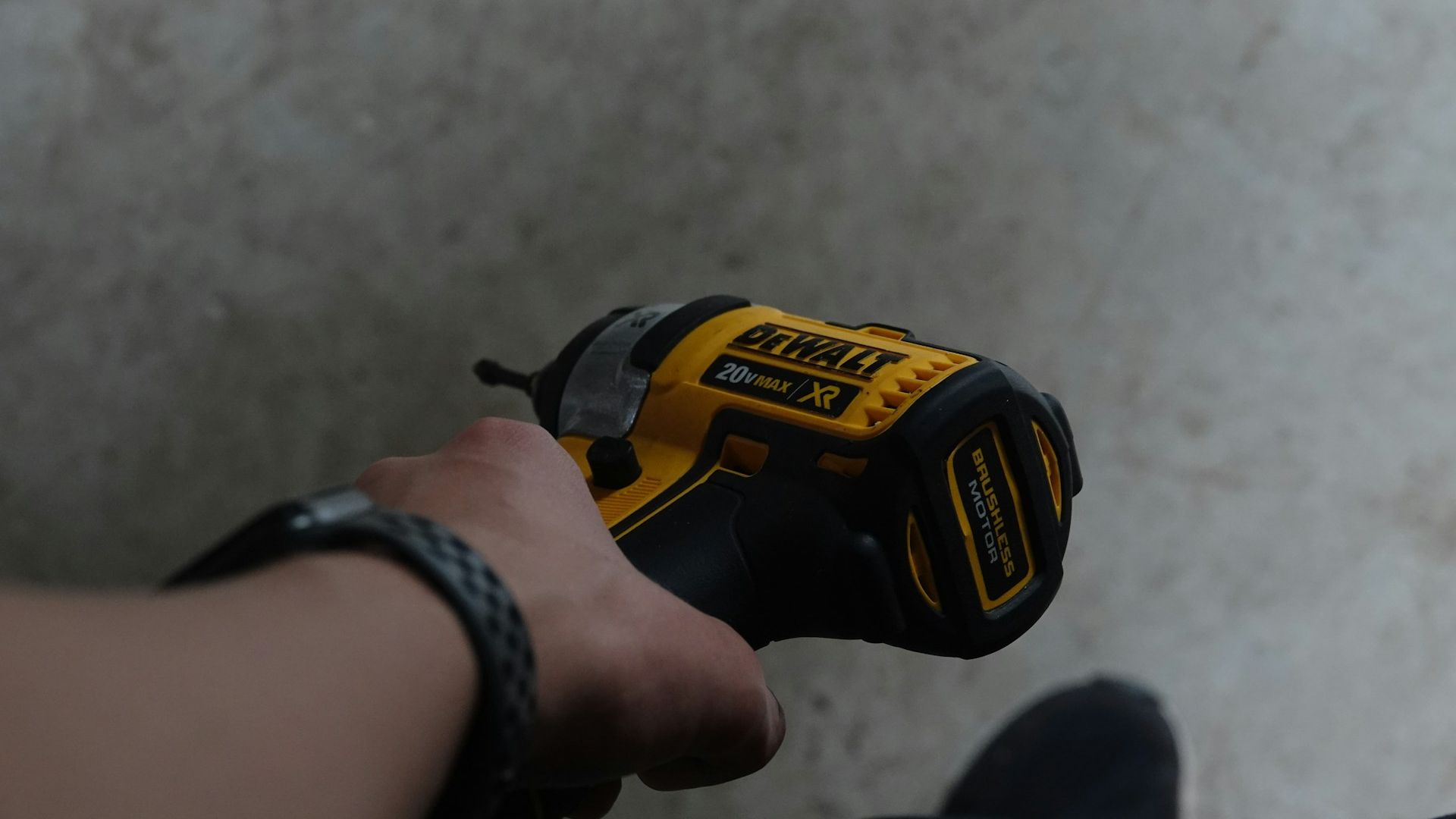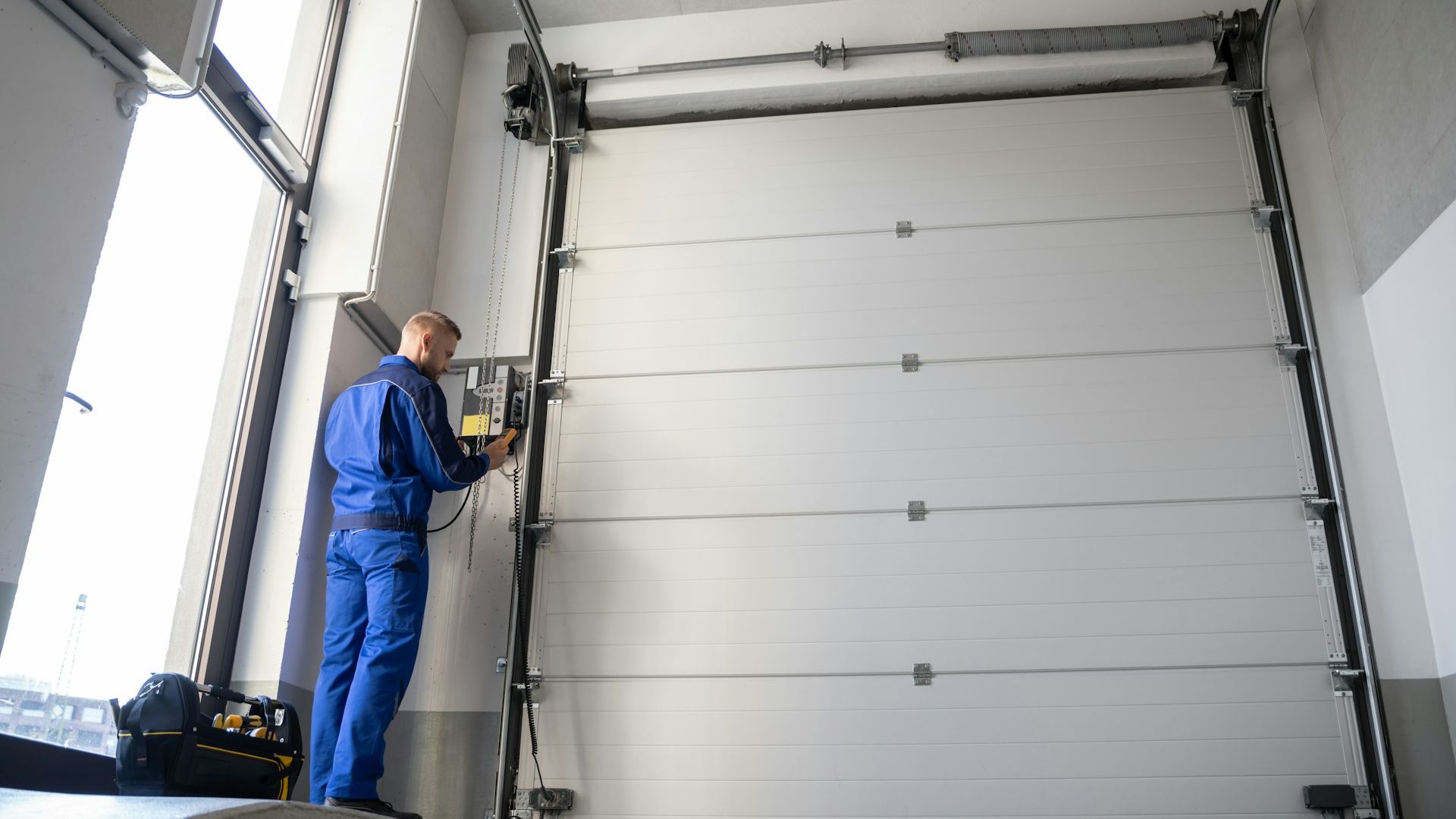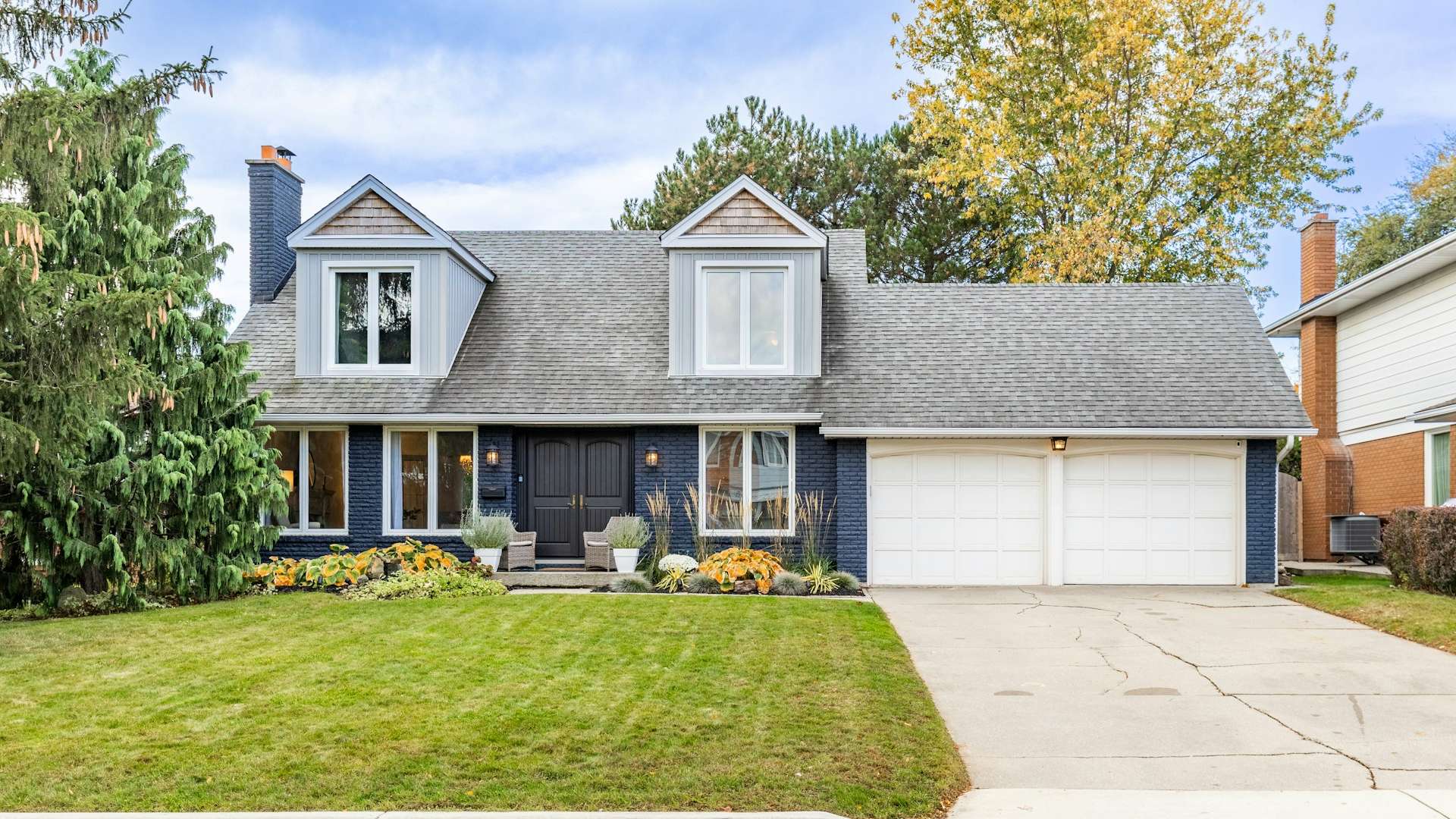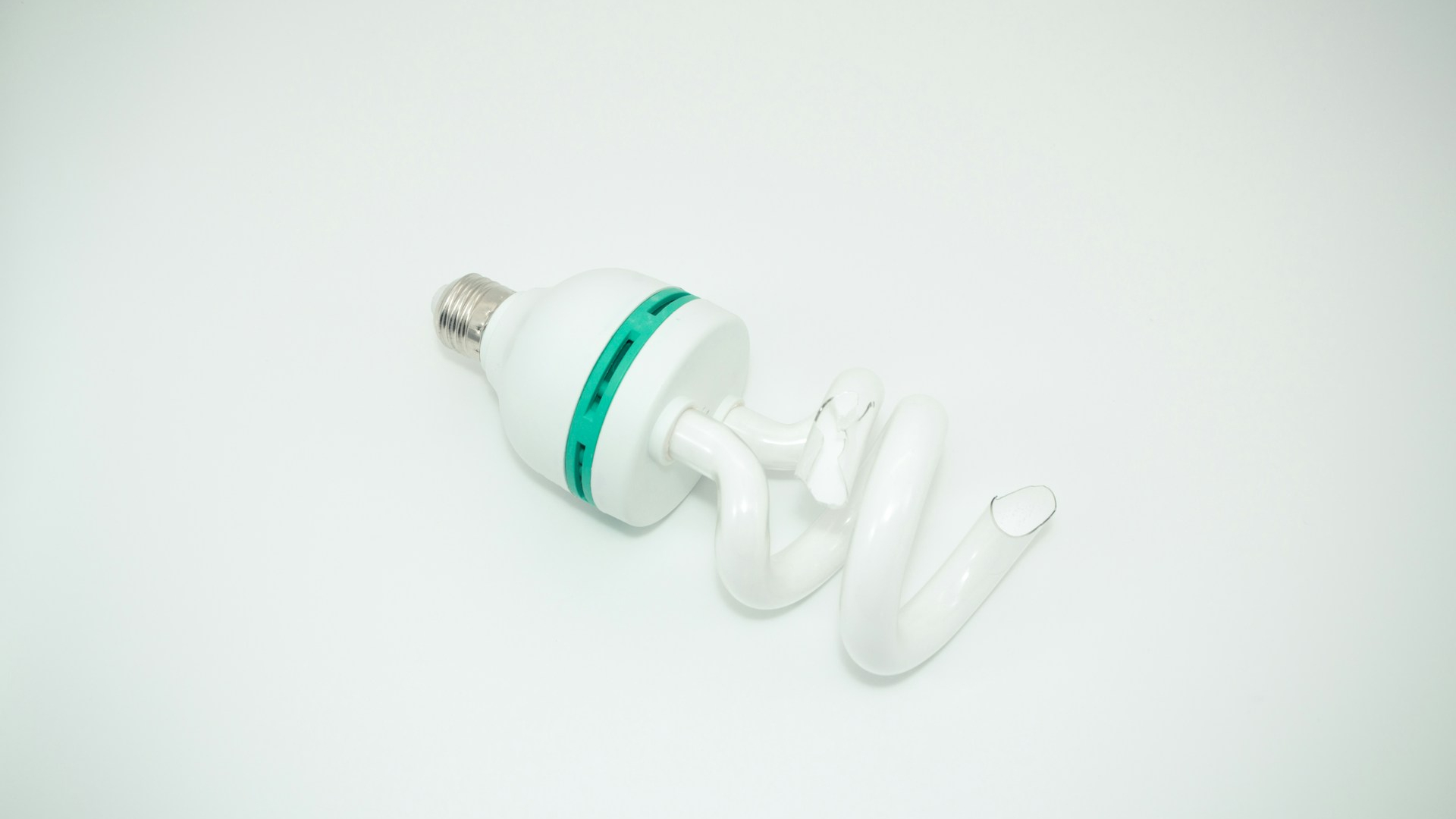Quartz countertops cost guide: Factors, pricing, and ways to save
Curious about quartz countertops cost? Learn what impacts pricing, how much you'll pay per square foot, and smart ways to save on your kitchen upgrade.
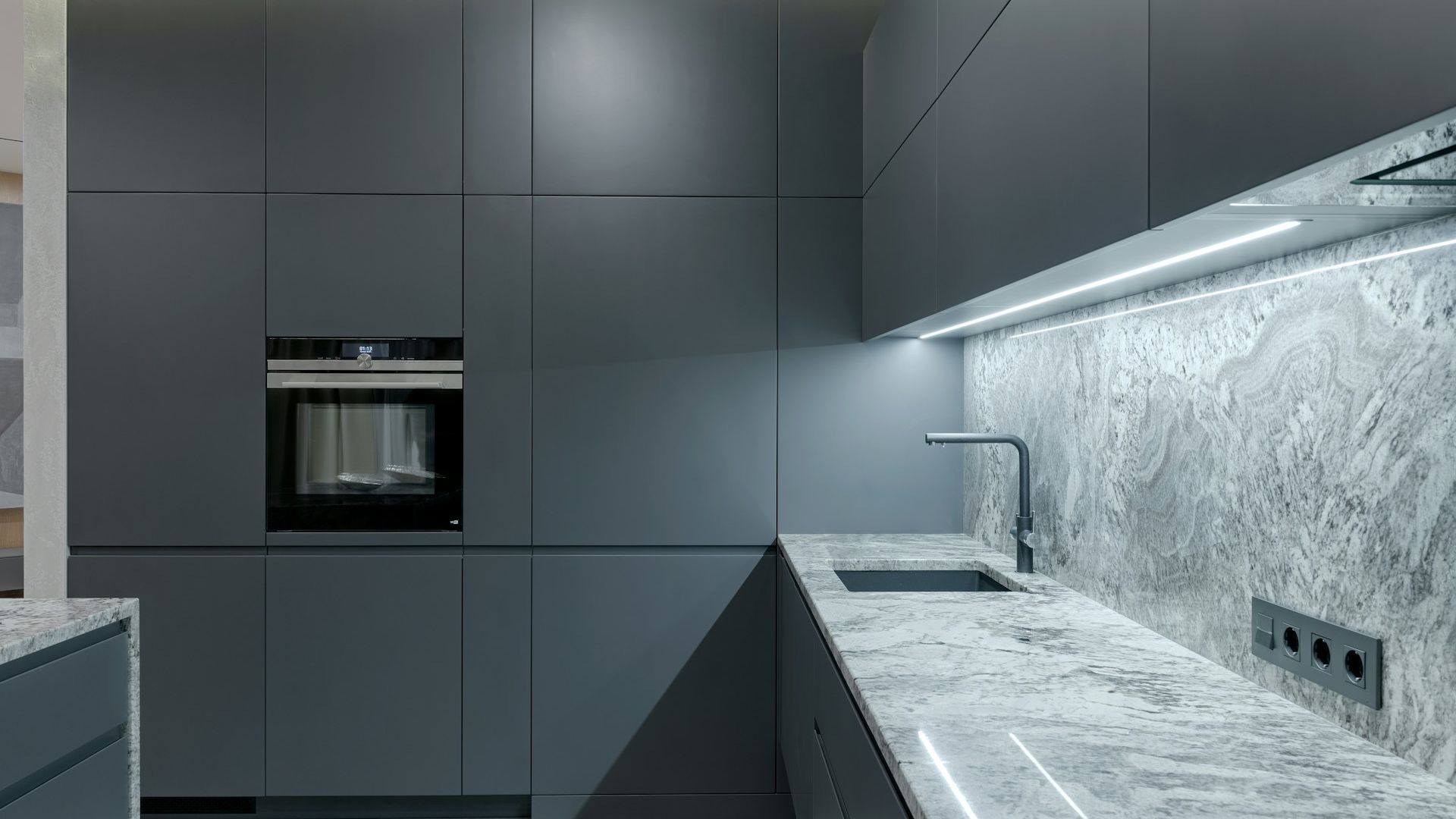
Quartz counters have quickly become one of the most popular choices for homeowners. They are nonporous, scratch-resistant, and easy to maintain.
If you’re thinking of installing it in your home, one of the first things you’re probably wondering is, how much do quartz countertops cost?
Keep reading as we break down the quartz countertops cost and explain the factors that affect the price for installation. We will also show you how to save money without sacrificing quality.
What is the average quartz countertop cost?
Quartz countertops typically cost between $1,500 and $10,000, with most homeowners spending an average of $4,800 on their project. These ranges depend on the size of your kitchen, the type of quartz you choose, the type of finish, and the complexity of the installation.
For larger spaces or custom installations, the price can go even higher. For instance, if you opt for a premium, custom-cut quartz slab in a large kitchen, the total cost can reach up to $12,000.
To give you a better idea, a kitchen island of 10 square feet with a standard kitchen counter depth of 25 inches costs between $500 and $1,500, depending on the quality of quartz and any added custom features.
In a small kitchen with about 30 square feet of countertop space, costs range from $1,500 to $5,000. A medium-sized kitchen with roughly 40 square feet may cost between $2,000 and $7,000, and for a 60 square feet large kitchen, you can expect to pay between $3,000 and $10,000.
Quartz countertops cost per square foot
The cost of quartz countertops ranges from $50 to $200 per square foot, depending on the quality of the material, the brand name, and the level of customization involved. For instance, the price of Caesarstone quartz countertops per square foot is more expensive than that of a new brand like Corian or Cambria.
The price range usually covers more than just the raw slab. It includes the fabrication, basic edge treatments, and installation.
As with most things, the cost of quartz often reflects its quality. While the higher end of the price range tends to offer more durability, richer colors, and more realistic stone patterns, the lower end can still be appealing if you’re working with a tighter budget. That said, it’s essential to know what to expect when considering low cost quartz countertops.
Low cost or builder grade quartz countertops have thinner slabs, come in solid colors with little to no veining or variation, and contain some surface imperfections in the finish. As such, they can serve you well in less prominent spaces, such as laundry rooms, rental properties, or quick home flips. However, they may not hold up as well in a high-traffic kitchen.
What affects the cost of quartz countertops?
The price for quartz countertops varies significantly depending on your project details. These are the most common factors that influence the final price:
- Size and layout: A larger surface area requires more material, which increases the base cost. Layout matters too; complex kitchen shapes, multiple corners, or the inclusion of a kitchen island can make cutting and fitting more difficult, adding to labor and fabrication costs.
- Number of slabs required: Quartz slab is sold as 120 inches by 55 inches. The more slabs you need, the more money you’ll pay for the project.
- Quality and grade: Quartz is available in various grades, and that affects both its appearance and price. Premium or designer-grade quartz, also known as first-choice, offers better clarity, intricate veining, unique colors, and higher durability, and costs between $100 and $200 per square foot. On the other hand, builder-grade or second-choice costs between $50 and $100 per square foot.
- Brand name: The brand you choose also impacts pricing. High-end names like Cambria, Caesarstone, and Silestone often start around $80 to $150 per square foot. These brands offer more extended warranties, exclusive patterns, and consistent quality. More affordable or generic brands can cost between $50 and $70 per square foot.
- Finish and color: If you prefer a honed or suede finish, expect to pay an additional $10 to $30 per square foot. As for color, solid whites, grays, and beige tones are generally more affordable. Veined quartz styles that mimic natural stone and unique colors like Torquay, Britannica, Summerhill, and Montgomery can add $20 to $60 more per square foot.
- Edge treatments: Basic edges, such as eased and square, are usually included in the base price. More intricate options, such as ogee, double bullnose, or Dupont, can add $10 to $60 per square foot.
- Delivery and handling: Each slab of quartz can weigh between 500 and 1,200 pounds. As such, expect handling and delivery fees to range from $100 to $200 per countertop, depending on the ease of access to your space and the distance the slab travels from the point of purchase.
Installation costs and preparation
On average, the labor cost to install a quartz countertop ranges from $25 to $60 per square foot, depending on your location, the complexity of the layout, the installer’s experience, and any additional features. Some professionals may also charge by the hour, with rates ranging from $30 to $90 per hour.
One of the most common add-ons during installation is cutouts. These are necessary for sinks, faucets, cooktops, and electrical outlets. A sink cutout is the most labor-intensive and costs between $200 and $500 per cut. Each faucet hole adds around $20. If electrical outlets or other special cutouts are required, additional fees may apply.
In some cases, the existing kitchen cabinets may need repair, reinforcement, and leveling before the new countertop is installed. This is especially true if the quartz is thick and heavy, which can result in a few hundred dollars being added to your final bill. Failure to do so will result in cracking, warping, or even caving over time due to uneven stress.
If you’re replacing old countertops, there’s also the cost of removing them and disconnecting plumbing. The cost to remove plumbing and old countertops generally ranges from $200 to $500, depending on the material being removed.
Lastly, if you want a matching backsplash made of quartz, that will incur an additional cost. The price to install a quartz backsplash typically ranges from $50 to $200 per square foot, depending on the slab thickness, finish, and the height of the installation. For a full-height quartz backsplash, total costs can range from $600 to $4,500, depending on the size of your kitchen and the level of customization.
DIY vs. professional quartz installation
At first glance, installing quartz counters yourself may seem like a smart way to save labor costs, but it comes with significant risks, challenges, and hidden fees that can easily outweigh the benefits.
One of the biggest concerns is safety, as quartz slabs are extremely heavy. Without proper lifting equipment and experience, trying to move and position a slab can easily lead to a strained back or muscle damage. Even with help, maneuvering a large, rigid piece of quartz through doorways, corners, and tight spaces is a significant challenge that professionals are trained to handle.
Beyond the physical demands, there's the matter of skill and precision. One wrong cut or poorly measured angle can ruin an expensive slab, which costs thousands of dollars to replace. Additionally, the process of cutting quartz to fit your kitchen layout requires highly specialized tools, which are expensive to rent or purchase.
A more practical and cost-effective approach is to focus your efforts on preparing your home for the installation: clear the kitchen, remove items from cabinets, disconnect plumbing fixtures, and ensure the area is clean and accessible.
Ways to save on quartz countertop costs
Quartz countertops are a costly project. However, you can save some money without sacrificing quality.
- Choose simpler styles, solid colors, and standard eased or squared edges, as intricate patterns and custom edge profiles can drive up costs.
- Opt for a more budget-friendly tile backsplash instead of using quartz.
- Choose a standard slab thickness of 2cm, as thicker slabs cost more in materials and installation.
- Compare prices from multiple countertop installers and inquire about leftover pieces from larger jobs, which are often sold at a discounted rate.
Wrapping up on quartz countertops
Quartz kitchen countertops remain a top choice for homeowners seeking the perfect balance of style, durability, and resale value. Unlike granite or marble, quartz resists stains and scratches, doesn’t harbor bacteria, and doesn’t need sealing. It also comes in a wide range of colors and patterns, including options that look like marble or granite. On top of that, quartz countertops can enhance your home’s resale value, as many buyers view them as a premium feature that adds appeal and a modern style to the kitchen.
Book a top-rated cleaner in 3 easy steps


Top-rated cleaners
Pick from a big range of cleaners. All are certified, background-checked, and ready for you to browse.

Affordable rates
Cleaners on Homeaglow are competing for your business. They offer sharper prices than you'll find anywhere else.

Easy, online booking
Easily rebook the same great cleaner, or try another. Homeaglow gives you direct contact with your cleaner.
Reclaim your time and give yourself the clean home you’ll love



